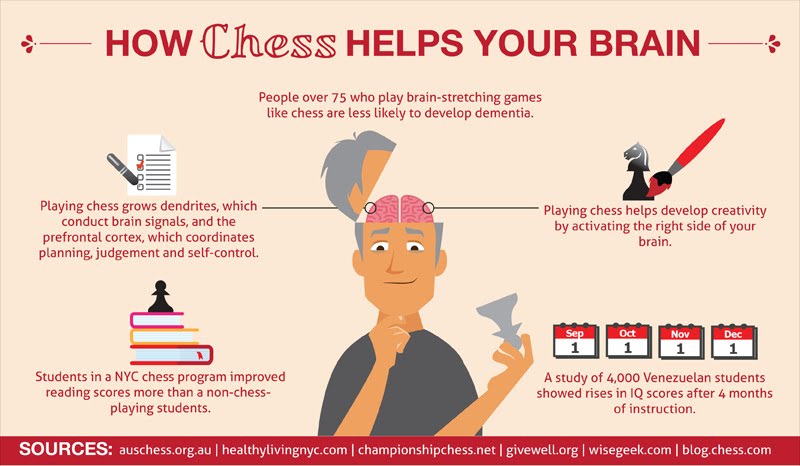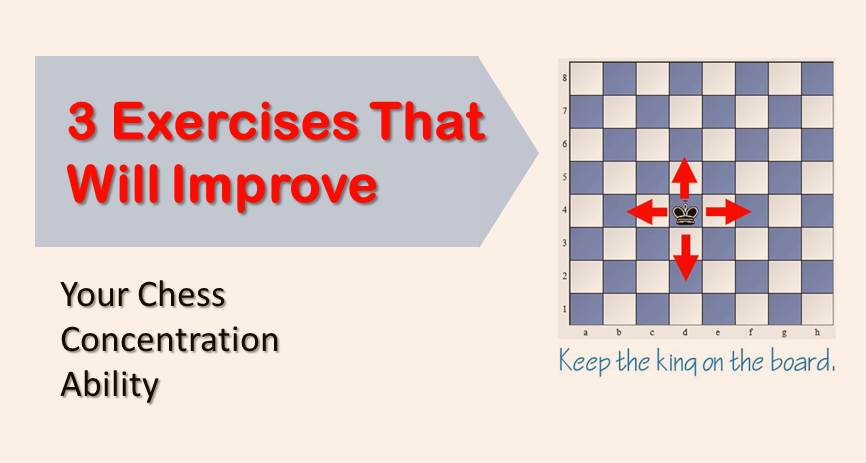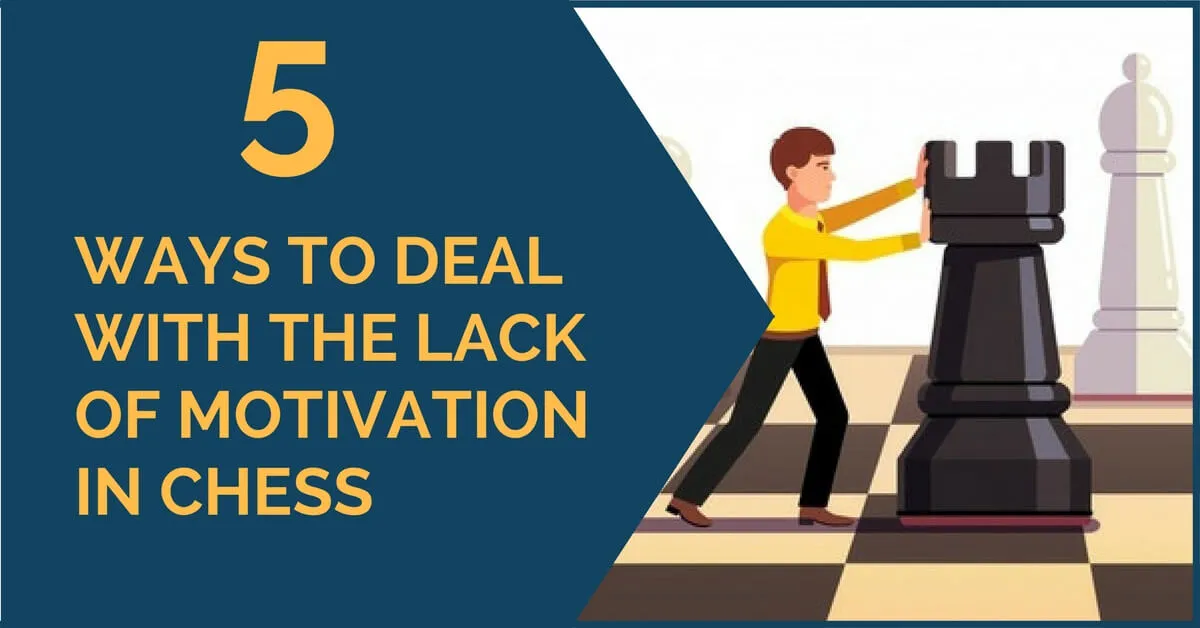Chess Rating ELO and IQ Score Correlation
Many people are curious if there is a correlation between one’s chess rating and IQ score. I did some information research, compiled facts and data and decided that it should be a good time to write an article about IQ score and ELO rating correlation.
If there is a correlation between IQ and ELO it would be also interesting to know how strong it is. Is it true that only people with high IQs can be strong chess players? Do all strong chess players have high IQs? We will try to answer those and other questions throughout this article.
First of all we need to figure out what is IQ. It is an abbreviation for intelligence quotient, which is a numerical score derived from one or more standardized tests. Most average humans have an IQ score of 100, while 95% of population has IQ between 70 and 130. But what do these tests actually measure, or at least attempt to measure? That something is called intelligence. Strangely enough there isn’t any good formal definition for this word. Many understand what it means but only few can define it.
According to Wikipedia, intelligence includes the abilities, but not limited to:
1. abstract thinking
2. understanding
3. self-awareness
4. communication
5. reasoning
6. learning
7. having emotional knowledge
8. retaining
9. planning
10. problem solving
Again, this is not a full list, but just a few classical intelligence model characteristics. Which of this 10 abilities are needed to be successful in the game of chess?
Abstract thinking is definitely something needed for playing chess, the chess pieces can be visualized in terms of their relative pawn value and arrows to represent ability to move.
Understanding is defined as knowing about the object and be able to deal with it. That’s also definitely needed in the game of chess. For example, all chess players know that a chess knight (an object) can move L-shaped and jump the pieces (behavior), the only way to stop threatened with a knight piece is to capture the knight (dealing with problem).
Self awareness is the ability to differentiate yourself and others: “I think, therefore I exist, as a thing that thinks.” It’s not directly correlated to the thinking process in chess, but it’s common to all humans and even some animals like apes and elephants. I’m not sure what the elephant’s IQ scores or ELO ratings could be, but they definitely possess some intelligence, according to this list.
Communication is technically not needed to be good at chess. However, it’s very hard or nearly impossible to become a good chess player without communicating with others who play chess. Since reading a chess book, acquiring knowledge from the chess database or studying an endgame on TheChessWorld.com is a form of visual communication, it is absolutely essential for success at chess. Let me take it back, communication ability is essential to be a strong chess player.
Reasoning is the capacity of humans to make sense of things, establish and verify facts. That’s is definitely one of the very important abilities for chess players since they use it for many different things while over the chess board. Chess position analyses is one of the examples when reasoning plays a crucial role at chess.
Learning is acquiring new or modifying existing knowledge or skill. In chess it’s actually both. Learning to play openings is acquiring a new knowledge. Sharpening tactics by the means of solving chess problems is modifying existing skill. Ability to learn is absolutely essential for a chess player.
Having emotional knowledge also plays some role in chess. For example, if a person hates losing at chess he we use that negative stimulus and prior emotional knowledge to avoid it in future. He can either learn and play better chess or stop playing chess to avoid loses.
Retaining is absolutely important for chess. Good memory can give a chess player a huge advantage against another player. Ability to memorize chess games, position, classical endgames and openings is essential for playing high level chess.
Planning is a key of any chess game. Chess is all about planning and strategy. In order to outplay your opponent you need to come up with a plan which is suitable for specific position and also execute it well. Wikipedia defines strategy as plan aimed for gaining (or being prepared to gain) a position of advantage over adversaries or best exploiting emerging possibilities. That’s perfectly applicable to chess, since we want to take advantage of all the available resources on the chess board to actually win the game.
Problem solving is something that a chess player does literally during each move while playing chess. He has to make many decisions throughout the game and figure out ways to defend and attack, develop pieces and manage time. Tactics is also 100% problem solving.
As we can see from the list above 9 out of 10 intelligence characteristics are also very important for the game chess. From that we can make a conclusion that in order to be a strong chess player, one needs to possess a higher than average level of intelligence. But does that mean that a good chess player must have a high IQ score? That all depends on how accurately and reliably can IQ test measure one’s intellectual abilities. Many scientists debate whether or not an IQ test is actually an accurate enough measure of intelligence since it estimates IQ based on many false assumptions. Some scientists dispute the idea of IQ entirely since they believe that it is impossible to evaluate one’s intelligence based solely on standardized tests.
As of my opinion, I believe that IQ test is not an accurate measure of intelligence, it’s only a measure of how well a person can take specific test (a skill which can be learned). Therefore, making a statement that a person with high IQ will necessarily be a strong chess player or a person with high ELO will have high IQ score is not correct.
Here is the IQ Chart from Levitt’s Genius in Chess:
IQ 185 High natural neuro-kinesthetic control; high curiosity drive; anti trivia; in a hurry
IQ 180 New creation
IQ 175 Knows intelligent (and right!)
IQ 165 Formalization; beginnings of self confidence; less hiding
IQ 160 Interest in logic; paranoia; minor creation; recognizes good work; art; music
IQ 150 Trivial formalization
IQ 145 Below this level and often above is everywhere found a slavery to conditioning
Levitt states that the population of IQ distribution is as follows (100 being an average IQ):
16% above 115
2.3% above 130
0.13% above 145
0.003% above 160
Levitt comes up with a equation which relates ELO and IQ score:
ELO ~ (10 x IQ) + 1000
The “~” symbol means “given many years of effort will tend to be equal approximately”.
If we plug in 100 IQ (average IQ score) into equation we will get 2000 ELO, meaning that an average person should be rated 2000. However, some chess players (actually most chess players) play their whole life and never reach even 1700, making 2000 mark fall into top 4-5% of all chess players on planet. So, maybe this ‘1000’ term in the equation needs to be decreased somewhat.
Here is an (estimated) list of IQ scores of famous chess players:
Garry Kasparov Chess player Russia 190
Bobby Fischer Chess player USA 187
Donald Byrne Chess Player Ireland 170
Judith Polgar Chess player Hungary 170
Robert Byrne Chess Player Ireland 170
International team of psychologists have attempted to measure IQ score of Garry Kasparov and after many tedious tests has concluded Kasparov’s IQ to be 135, making him fall into ‘moderately gifted’ category. According to the Levitt’s equation Kasparov’s ELO should be 2350 and not 2850 as it is in reality.
Conclusions:
1. There is a direct correlation between the intelligence level and chess ability
2. IQ tests are not an accurate measure of intelligence level and therefore cannot be accurately compared to ELO
3. Levitt’s formula, correlating IQ to ELO, is not accurate and the ‘1000’ coefficient should be somewhat decreased.
Ready to start winning games? Check out our articles:










Comments: